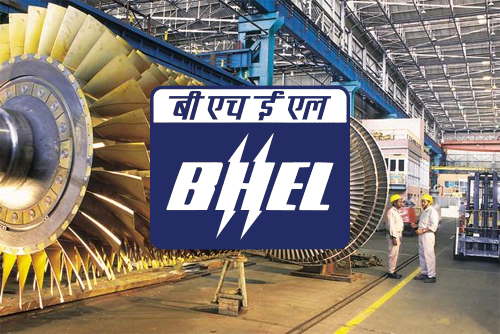
Rail Analysis: We believe that M/s BHEL and M/s Kawasaki from Japan, have formed a joint venture, can you please let us know, what products are going to be manufactured in India ?
Mr. Malhotra – The JV basically is for manufacture of Stainless Steel coaches for Metro trains. So that could be the major thrust area. However since both BHEL and KAWASAKI are big traction equipment manufacturer, the operations may expand at a later date for other products too.

Rail Analysis: What percentage of the parts and components will be imported from Japan and by when would 70% of the goods be manufactured in your production unit ?
Mr. Malhotra – BHEL has a solid design and manufacturing base may it be traction machines or controls for various applications (diesel or electric) and has been into business since 1962. Keeping in mind that the JV is mainly for manufacture of coaches and with the perspective of Make in India, the import content has to be the least.
Rail Analysis: By manufacturing / producing the goods in India, will your prices be more economical then your competitors and how much percent of custom duty + allied taxes will you save ?
Mr. Malhotra – Producing in India is economical and that’s the reason why many foreign companies have established their manufacturing base in India. As far as duties etc, these can be known only when design is frozen and actual manufacturing plans are put in place.
Rail Analysis: Are you planning to export your metro coaches, if yes, to which international markets?

Mr. Malhotra – Trains in Japan have achieved highest level of safety standards. Speed, punctuality and passenger comfort has been their thrust area and to achieve this the system has to be 100% safe. Japan’s untiring R&D efforts for use of quality materials for construction of rail network which includes track materials, rail, automated signalling system, coaches, electrics and allied safety equipment have attributed to achieve such level of safety standards. Dedicated tracks, minimal curves, no road crossings, use of tunnels where required and stricter penalties for trespassing are also important factors. As far as my knowledge goes, Japan trains are also designed that in event of earthquake it will automatically stop immediately.

